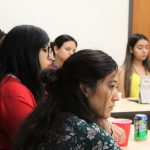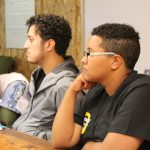
Education that encourages dreams
OPINION EDITORIAL
Luis Castro
TAF Intern
I’ve always been good with numbers, and math and science have always been my strength in school. Being a logical person and curious about aviation has always made me certain that I want to be an aerospace engineer and, to this day, it is still something I am considering. However, I also know that I want to help out students of color succeed in college and in life. Not many students of color continue their education and enter into college, and we need that to change.
I believe that all should have the same objective, which is to see their students succeed. Unfortunately, some schools are able to do a better job than others, and it usually depends on the community you live in. That makes no sense because then that means that there is no equity in education. Why do some schools have much more funding than other schools? Why is there a correlation between communities and schools, where low-income students have to go to schools with less funding, where there are fewer resources for success?
“I come from a community where kids love to dream – they want to be doctors, engineers, and lawyers. Then, they realize they can’t go to college, and those dreams end.”
The summer going into my sophomore year of high School, I had the privilege to attend a private school and take a biology course. During my first weeks there, it seemed impossible for me. It seemed like the most intense thing I’d ever been through in my life. However, I learned many new things, not only in biology but in regards to equity in education.
I could rapidly tell why everyone else was able to perform better when it came to the work in the class. The lab room, the lab experiments, the work, the support, and the lessons with real-world explanations given. I wondered, Why do you need to pay $30,000 a year to be able to do this? Everyone should have access to this. I often thought about how the youth from not only my community but other low-income communities could all benefit from these types of lessons.
I come from a community where kids love to dream – they want to be doctors, engineers, and lawyers. Then, they realize they can’t go to college, and those dreams end. It’s upsetting to see neighborhood friends regret dropping out of school, when, with a bit of extra support they would have continued to be in school. Some of them would’ve been in college by now.
“Growing up, I was one of the youngest kids in my community, and to this day, my community has not been able to see a kid go to college. I will be the first in my community to go to college.”
During my summer internship experience at TAF through the Bank of America Student Leaders Program, I’ve met other students who also want to see changes in their communities and have seen different mindsets from students from other states. I got to meet Miss Delaware, known as the STEM Queen and is also a Bank of America student leader, who wants to bring STEM to young girls in Wilmington. Meeting amazing leaders from across the states has inspired me to do even more for equity in education.
Growing up, I was one of the youngest kids in my community, and to this day, my community has not been able to see a kid go to college. I will be the first in my community to go to college. It is because I have been supported. We need to do our part to make sure more kids get chances like me.
Luis currently supports TAF as an intern through the Bank of America Student Leaders Program. Through this program, he will spend seven weeks at TAF and an additional week at a summit in Washington, D.C. where he’ll unite with 283 other student leaders from across the nation to learn about government, business, and nonprofit work. The summit focuses on skill-building and creating a more civically engaged society.




